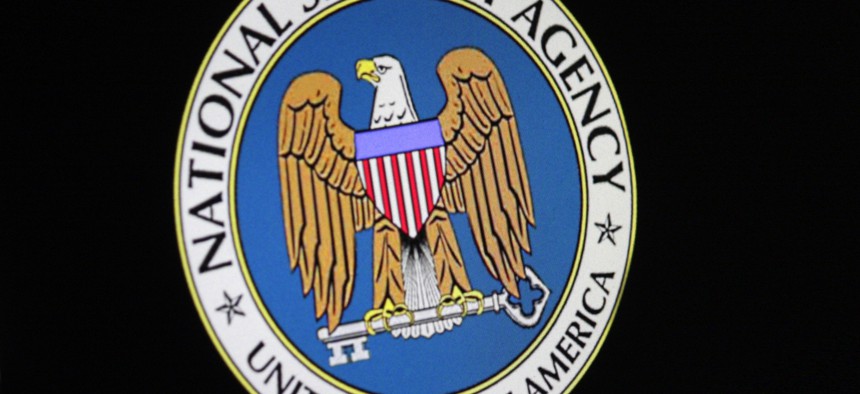Judge Doubts NSA Program Is Constitutional—but Upholds It Anyway

360b/Shutterstock.com
An Idaho federal judge urges the Supreme Court to address the spying controversy.
A federal judge in Idaho upheld the NSA's controversial phone surveillance program Tuesday.
But Judge B. Lynn Winmill seemed to invite the Supreme Court to overturn his decision. He suggested that the program, which collects data on millions of U.S. phone calls, likely violates the Fourth Amendment's prohibition of unreasonable searches and seizures.
Winmill upheld the program because he concluded that his hands were tied by current Supreme Court precedent.
He pointed to the Supreme Court's 1979 decision in Smith v. Maryland, which held that people don't expect privacy in the phone numbers they dial.
The controversial NSA program, which was revealed by Edward Snowden last year, collects "metadata" such as phone numbers, call times, and call durations, but not the contents of any conversations.
Last year, Richard Leon, a federal judge in Washington, D.C., ruled that the program was likely unconstitutional. Leon argued the NSA's surveillance is far greater than what the court envisioned in Smith v. Maryland, and that the ubiquity of cell phones means that metadata is more revealing than it used to be.
In Tuesday's decision, Winmill wrote that Leon crafted a "thoughtful and well-written decision."
"Judge Leon's decision should serve as a template for a Supreme Court opinion," he wrote. "And it might yet."
But he concluded that he is bound to follow the Smith ruling until the Supreme Court overturns it.
(Image via 360b / Shutterstock.com)






